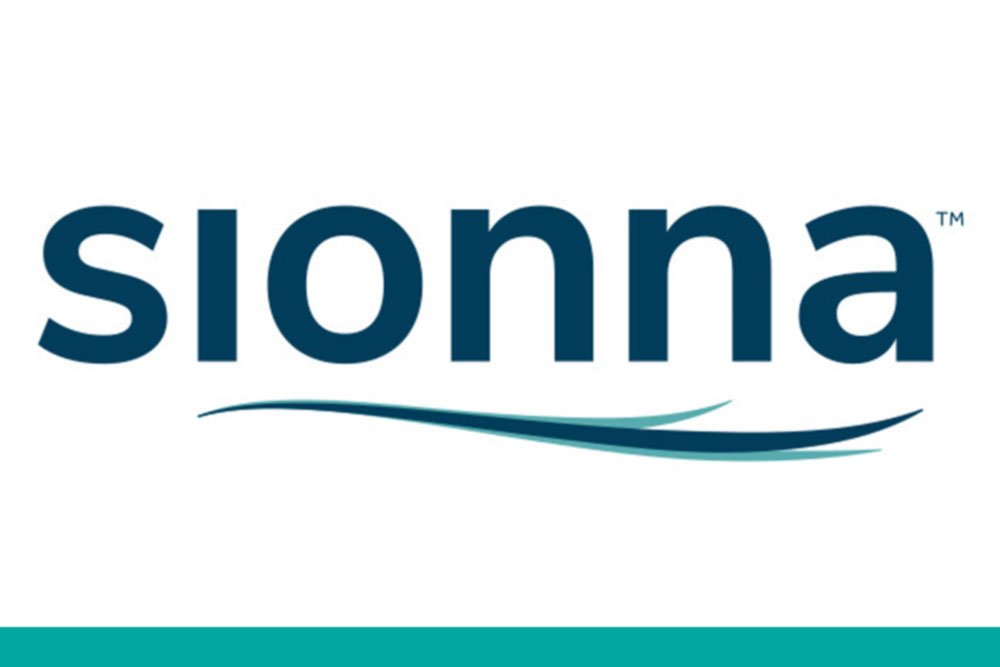When life-saving medication should be in aisle three
We talk a lot about access to care and the hurdles that might keep people from getting the medicine they need. Usually, we’re talking about the price of healthcare or the inanity of insurance requirements. But other hurdles hide in plain sight, as is the case with naloxone (Narcan), birth control, and other drugs that could (and should) be available over-the-counter (OTC).
Innovation and biopharma M&A: feature, not bug
If the FTC begins to look askance at M&A between commercial-stage biopharmaceutical companies and the innovative smaller biotechs that so often are the sources of new medicines, that would be bad news for future R&D and the patients who depend on our industry for life-saving medicines. That they might do so in the name of preserving or protecting innovation in the first place would add insult to injury.
Biotech leaders urge fixes to bad Senate drug deal
We are deeply concerned the new Senate drug bill fails to deliver adequate relief to the nation’s seniors and their families. It falls short of a generational opportunity to meaningfully lower Medicare beneficiary and taxpayer out-of-pocket costs. The revised language is not good enough for patients, bad for biopharma innovation, and provides no guarantee that PBMs and insurance plans will share savings with beneficiaries.
How to kill the conversation that makes innovation possible
As the 2022 midterms loom, drug pricing reform is again at the forefront of the conversation. And with inflation at 8.6%, it’s undeniable – Americans are hurting, and paying less at the pharmacy counter may alleviate part of that burden. But not all drug pricing reforms are created equal. So how would price controls impact R&D?
Right to Try 2.0 doubles down on a bad idea
Right to Try 2.0 doesn’t seem to address any of the original law’s issues. While 1.0 seems to have fallen well short of expectations, instead of shoring up oversight or regulating patients’ expenses, 2.0 simply aims to expand 1.0’s sentiment to a relatively small set of bleeding-edge drugs, continuing to talk the same big game Trump did without producing results.
72 hours to kill: Why can't we diagnose bacterial infections faster?
With all the hype around Covid and monkeypox, it’s easy to forget that viruses aren’t the only infectious game in town. Bacteria caused 3 million worldwide deaths in 2019, at a rate at least five times that of the flu. So why does it still take so long to identify & treat a bacterial infection?
Biotech’s Dulcius Ex Asperis: The Way Through This Downturn
The biotech sector is experiencing the most severe downturn of at least the last 20 years. There have been many other downturns in the more recent past, but this one is different. Here Peter Kolchinsky discusses why - and how we’ll rebound.
Nektar’s IL-2 legacy: The two sides of failure
Though its program failed in clinical trials, Nektar kicked off an appreciation for what might be possible with a better IL-2. As other companies carry on with programs in part inspired by Nektar’s early data and vision, we explore failure in biotech, ignoring the naysayers, and the value of carrying on when the odds are slim.
Announcing Sionna: When it comes to Cystic Fibrosis, “good enough” isn’t good enough
Some might consider Trikafta’s gains to be “good enough” for CF patients. But I think we can do better. And that’s why we’re so excited to introduce the world to Sionna.
Do stocks trading near cash offer free upside?
When a biotech company is valued at around the same amount of cash it has sitting in the bank, is it a safe investment? Some investors might think so - and so we looked at the data. The answer might surprise you.
Matchmaking for proteins: Introducing TRIANA Biomedicines
Created through the fusion of parallel efforts at RA Capital and Atlas Venture, TRIANA is a newly launched biotech that is building its pipeline using a target-first, rational approach to molecular glue discovery.
“Love notes”: Building trust between board meetings
When I received detailed communications about my companies on a regular basis, I found I was both more likely to remember what was going on when it came time for the next board meeting and less likely to continually call my CEOs to figure out the bottom line. “Board love notes’ are a win-win.
Movie night with RA Capital’s scientific cartographers
Members of TechAtlas work closely with the Investment Team and our portfolio companies to put data into context, identify breakthroughs, and develop conviction about how to solve particular problems given what we know of all the different technologies in development.
Muckrakers, a righteous senator, and a gene therapy walk into a bar
Ah, the American Old West. Where the buffalo roamed, cowboys fought, and Coke still had cocaine. A LOT of things had cocaine. Only the most vigilant and educated physician or pharmacist could hope to keep harmful or useless drugs off their shelves. And if we can still find physicians prescribing ivermectin for COVID today, imagine how hard finding reliable information must have been back then.
A tale of two healthcare systems
As a Swede who has lived in the United States for ~25 years, I’ve experienced two very different healthcare systems. As a child and young adult, I took free (or nearly free) healthcare for granted. However, when I left Sweden to pursue a graduate degree in the US, I was shocked to realize that the system here is very different. I learned new words like ‘deductible’ and ‘copay’ that were not previously part of my vocabulary.
New year, new biotech job? Make sure you understand the value of your equity.
The biotech job market is hotter than ever and it’s not likely to cool down in 2022. So if you’re thinking about joining the Great Resignation and jumping into a new role at a biotech startup, it’s crucial to learn how to think about valuing competing equity offers.
Practical considerations for conducting a Series I IPO
Biotech board members and management teams are increasingly asking how their companies can benefit from what RA Capital and others call a “Series I” IPO process (also known as a data-driven or logic-based IPO). Here we’ve compiled common questions and answers.
RA TV: How do we determine what a drug is worth?
In this month’s episode, we discuss the latest COVID news. Then Peter Kolchinsky talks with our guest, Dr. Joshua Cohen of Tufts Medical Center, about how they estimate the value of a drug.
Vaccines and the inverted capital dilemma
Covid has flooded a barren vaccine startup landscape with capital. And that has revealed some valuable lessons for investors, company builders, Congress, and the public.
Rational design of molecular glues - the next frontier
As more established targeted protein degradation companies produce promising data in the clinic, newcomers have been greeted with sustained enthusiasm from the investment community. Here we revisit a few key intellectual and scientific breakthroughs & focus on molecular glues as an exciting new frontier.




















